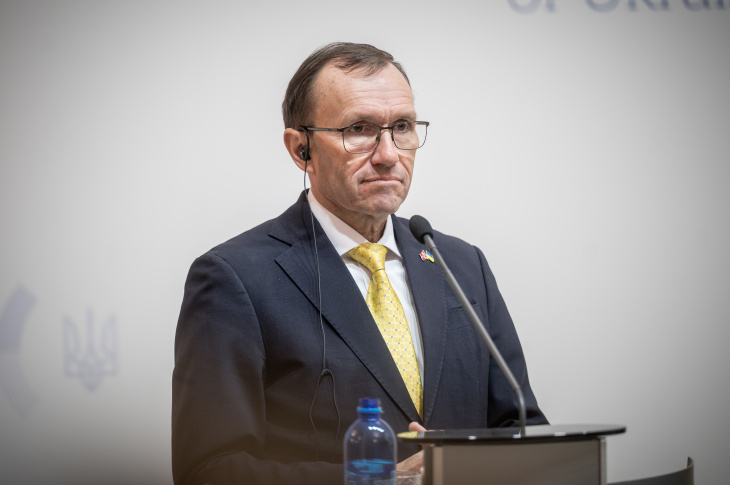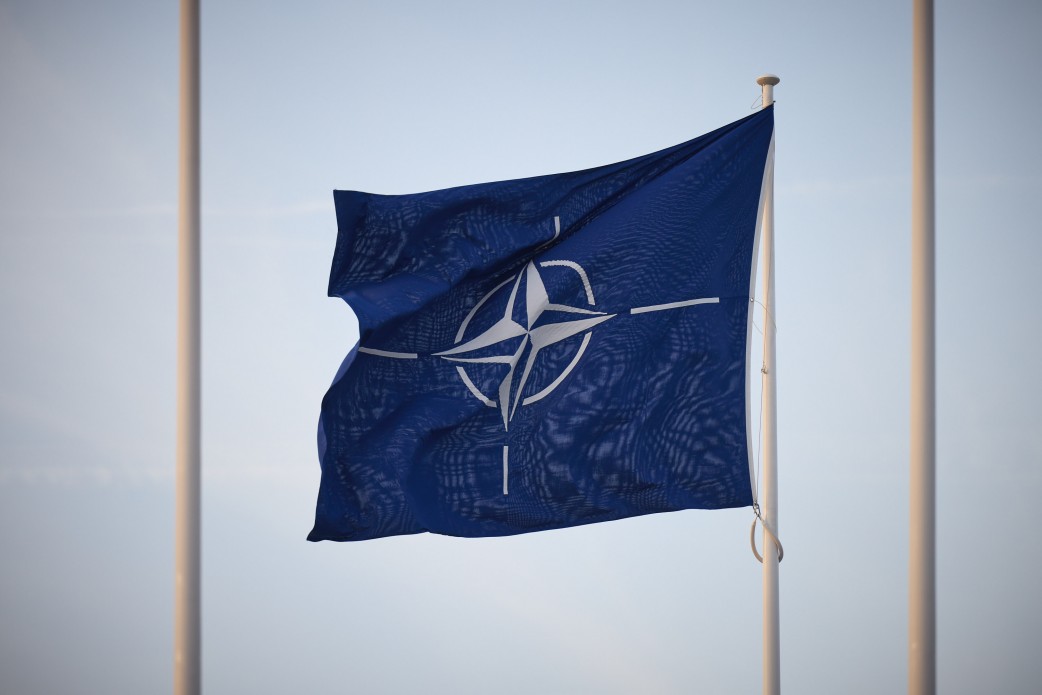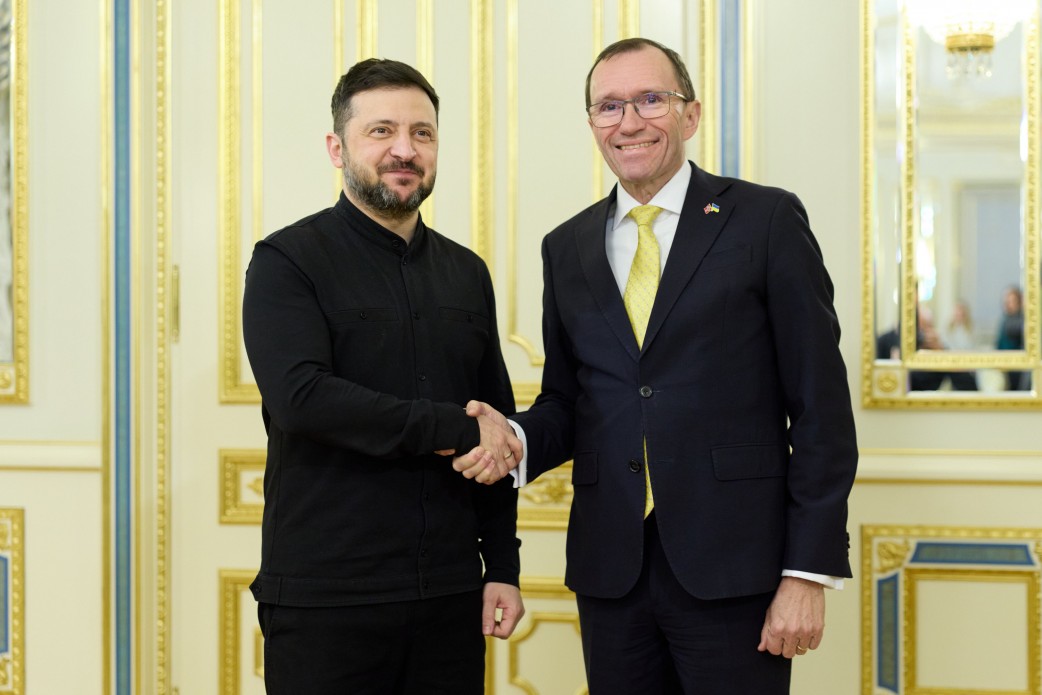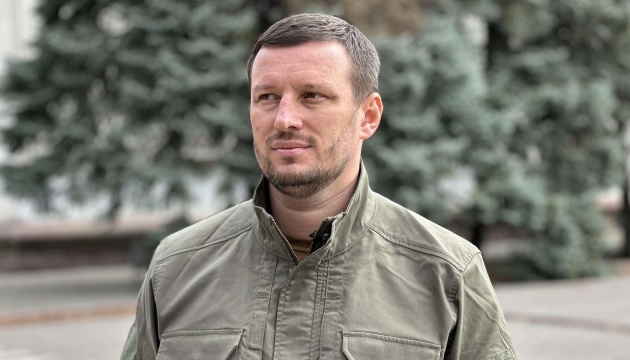On March 27-28, the Center for Strategic Communications and Information Security held the third annual Kyiv Stratcom Forum 2024 in Kyiv.
Ukrainian officials, international diplomats, and communication experts gathered at the forum to exchange experiences on approaches to countering hybrid aggression and building strategic communications.
Taras Shevchenko, Deputy Minister of Culture and Information Policy of Ukraine for European Integration, stated: "I believe that the best way to counter foreign manipulation is to hold joint discussions and work together to find solutions to problems."
Head of the Department of Strategic Communications of the European External Action Service, Lutz Gühner, emphasized that informational manipulation is a global issue, and Ukraine serves as an example for European countries and inspires them.
"When we talk about suspicious activity, we need to look for the authors behind it. We need to examine the methods they employ and the typical patterns of their activities. Only with a full understanding of this can we always be in a defensive position. This is a matter of both communication and security policy. Efforts from a single ministry are not enough; it must be a joint effort of all agencies," he noted.
Gühner also mentioned that in the EU, specialists have developed an approach consisting of several elements: 1) understanding the essence of the issue and being situationally aware; 2) collective resilience - not allowing the phenomenon to penetrate the fabric of European society and European democracy; 3) regulation of the information domain.
Director of the Information Threats and Influence Department Johnny Hall stated that the United Kingdom is heavily investing in new innovative approaches to support credible information delivery to its citizens.
"At the governmental level, we are exploring opportunities to enhance our capabilities, arm ourselves with tools, and ensure coordination. Two years ago, we in the United Kingdom realized that we had not invested enough to build a mechanism that would allow us to respond strategically and globally to these [informational] challenges. Therefore, we created a new Department at the Ministry of Foreign Affairs to coordinate our actions in this area. We engage partners, work with colleagues from ministries and agencies of the United Kingdom, as well as with the military. We need to increase our efforts and cover the entire public administration sector, try to coordinate our responses, identify weaknesses, and not overlook allies," emphasized Hall.
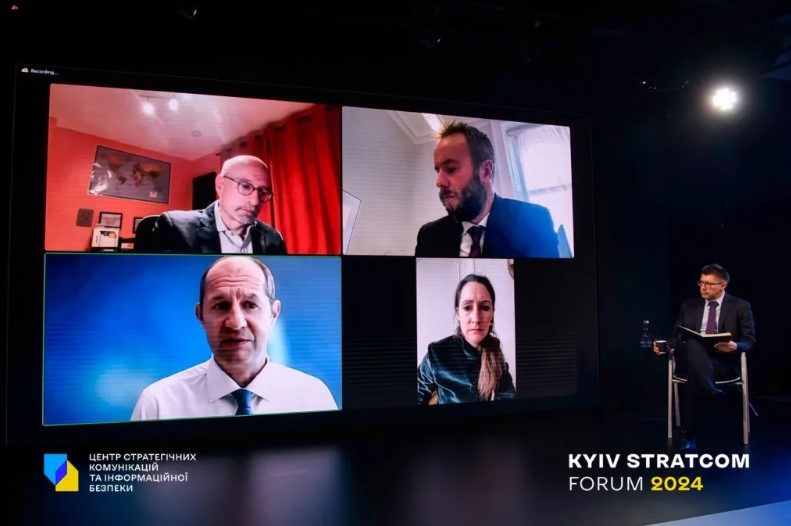
In his opinion, Ukraine has become an example of comprehensive state-societal work, where teams of people have successfully countered Russian disinformation.
In turn, Assistant Secretary-General for Public Diplomacy Mari-Doha Bezanseno noted that NATO is raising awareness among allies in the context that disinformation is not just a communication issue; it is a collective defense issue.
"We explain that disinformation can reach a critical mass and affect our security. Now we need to move to reactions, to responses. NATO must act in a coordinated and agreed manner," she said.
Deputy Coordinator of the Global Engagement Center of the U.S. Department Daniel Kimmage talked about the mechanisms they have developed.
"These are frameworks for countering manipulation in international information across 5 functional areas: 1) national strategies; 2) state institutions; 3) personnel and technical capabilities; 4) civil society, media, and scientists; 5) multinational approach.
We have worked out 10 key players, including Albania, Bulgaria, Canada, Germany, Japan, Lithuania, Korea, the United Kingdom – they have agreed on these frameworks. We are looking for ways to engage more partners," noted Kimmage.















